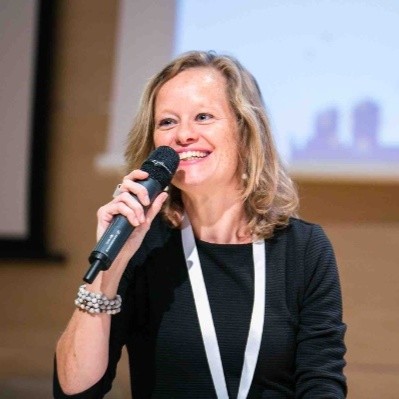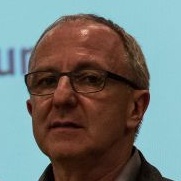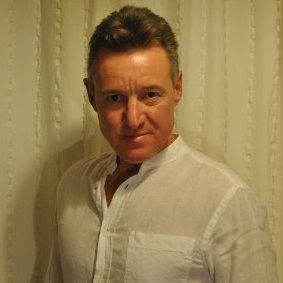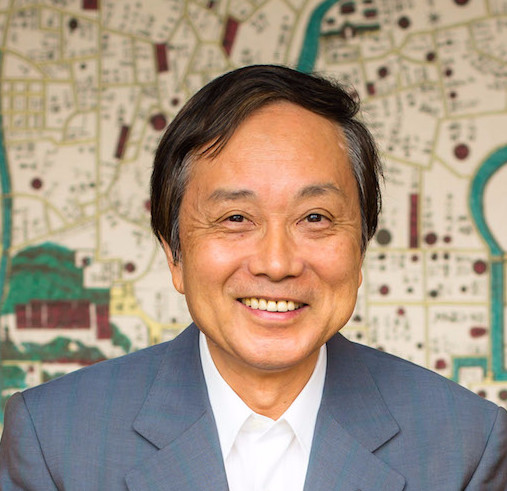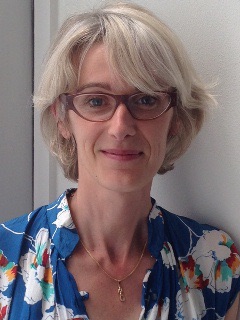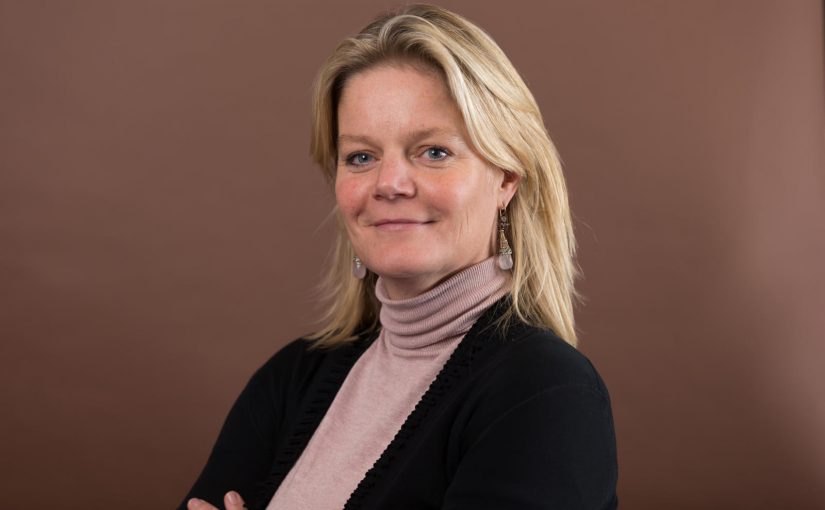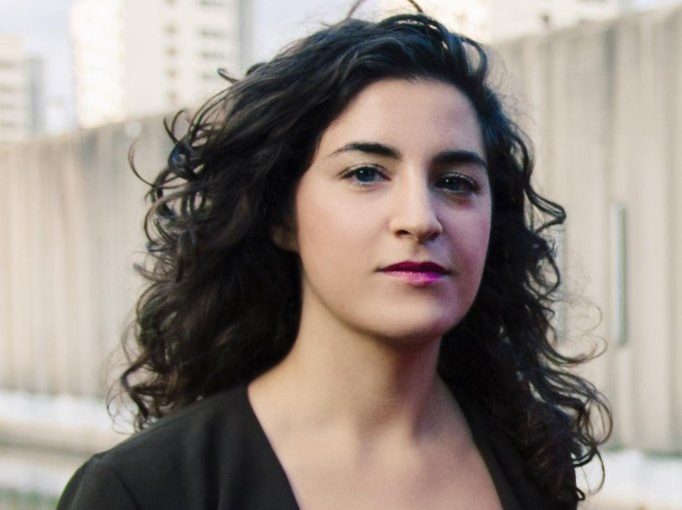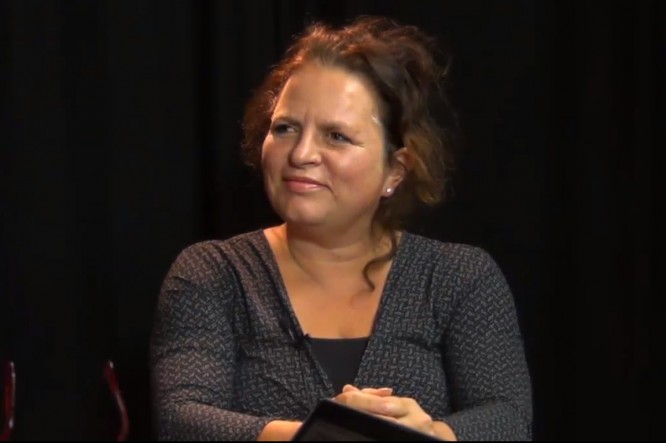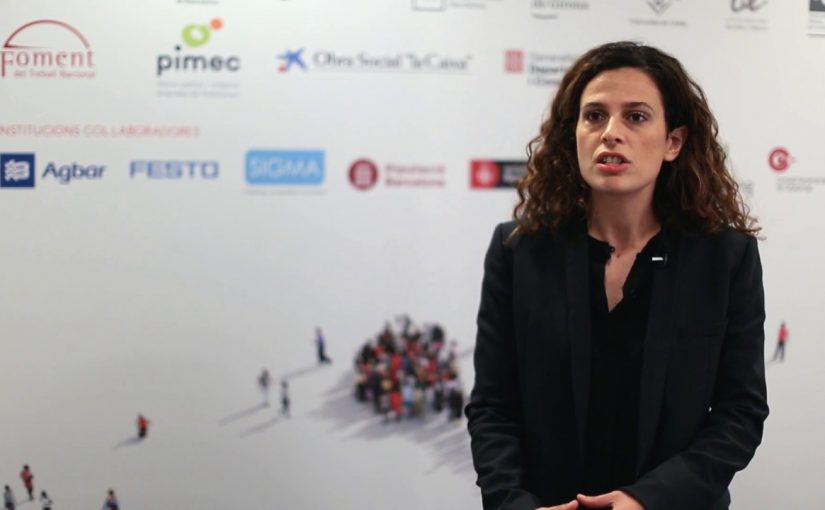Vancluysen is the Secretary-General at Polis, a network of European cities and regions working together to develop innovative technologies and policies for local transport.
She was working as the network’s Research Director for eight years before being appointed as Executive Director in 2014. Prior to that, she was a senior research coordinator at the organisation. Before joining the network she was Network Manager at ACCESS-EUROCITIES for a New Mobility Culture and project manager at Langzaam Verkeer, a Belgian center for mobility management. Since 1998, she has been involved in urban transport networking and policy activities and many EU transport and urban mobility projects as a partner, work package leader, and project coordinator.
